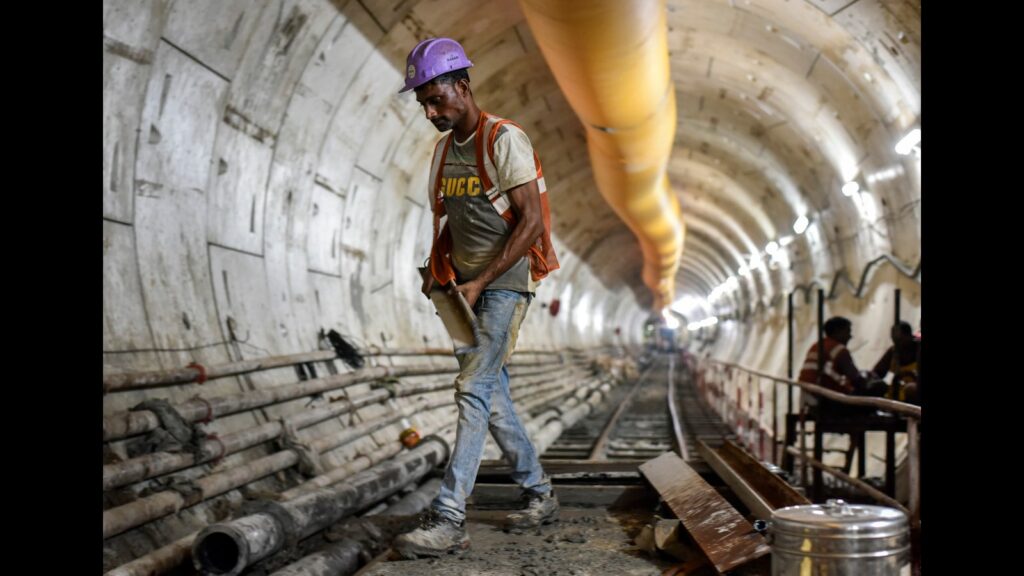The implementation of the four labour codes passed by Parliament that were among the most ambitious and game-changing market reforms planned by the current government has been stalled. They are unlikely to see the light of the day before the 2024 elections, HT has reported.
The four labour codes — they look at wages, industrial relations, occupational safety and working conditions, and social security — were aimed at consolidating and reforming a plethora of existing labour laws in India. Among other things, they would also have given more flexibility to firms in dealing with their workforce. India’s stringent labour laws have often been cited by pro-reform voices as the leading constraint on the growth of Indian manufacturing, especially the evolution of medium- and small-scale enterprises into competitive large firms. To be sure, trade unions have been arguing that the labour codes would have further titled the balance of power in favour of capital.
While one can produce evidence in favour of both these views, the stalling of the labour codes is not the result of an unsettled academic debate between the government and the opposition. HT has reported that the government does not want a precipitation with the trade unions, and its experience with the farmers’ protests after the implementation of the three farm laws in 2020 has played a key role in the decision to go slow on the implementation of the labour codes.
What does this mean for the future of reforms and the Indian economy? Three key takeaways can be listed here.
One, a parliamentary majority is a necessary but not a sufficient condition to push game-changing reforms unless extra-parliamentary stakeholders are also brought on board. This should offer a reality check to commentators who saw the 2014 election results as the beginning of India’s Reagan/Thatcher moment.
Two, the extra parliamentary pushback gives a natural disadvantage to the Indian economy compared to countries such as China, where the ruling party faces neither parliamentary nor extra-parliamentary challenges for changing policies. This underlines the need to explore further avenues to build, even if time-consuming, a greater consensus (as the government is rightly doing) rather than short-circuiting constitutional legislative norms.
Three, there is no reason for despair as well. The lack of such national-level legislations has not prevented states from making adequate tweaks in their laws to attract big-ticket manufacturing to their regions. Experience from these projects, good and bad, should be used to build a consensus for labour reforms at the national level.

